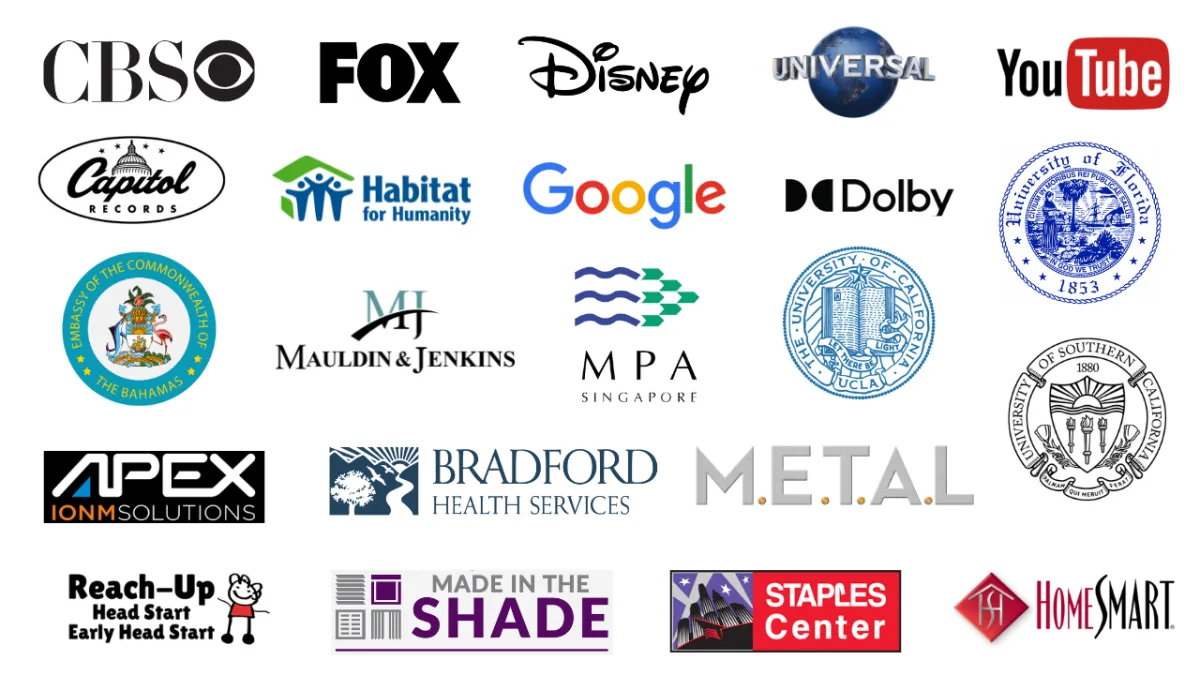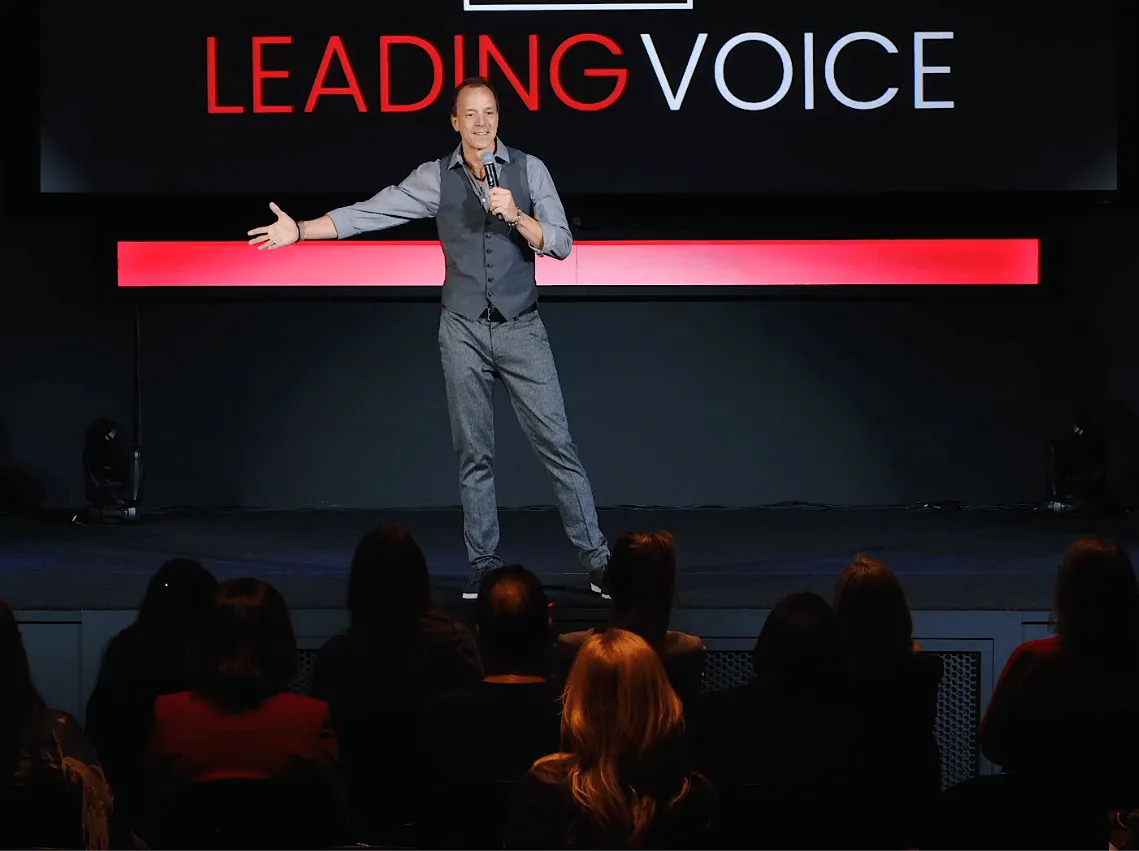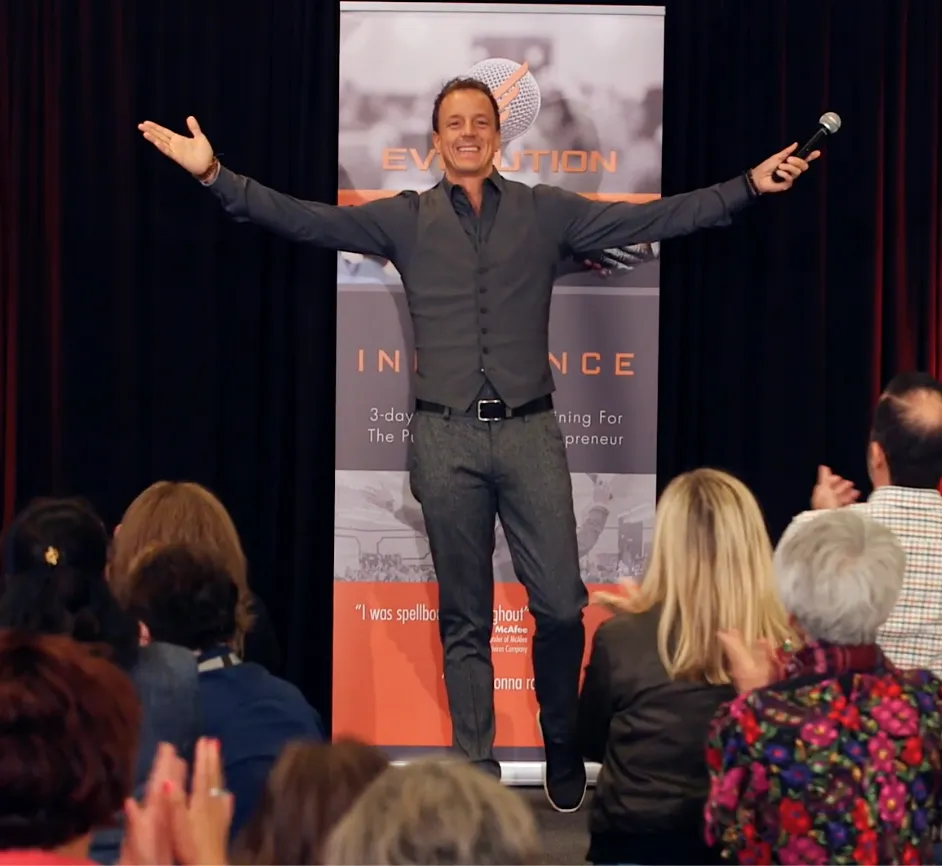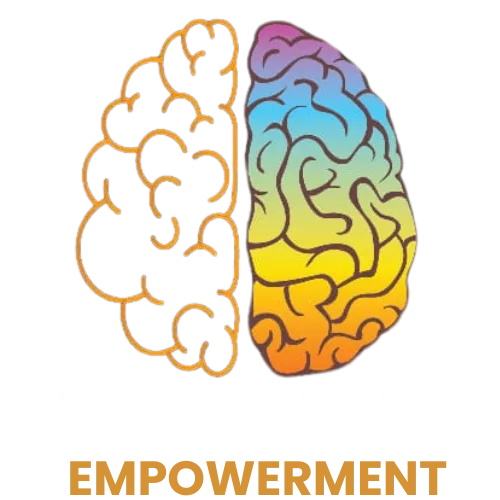Connect Deeply
Lead Boldly
Transform What’s Possible
Connect Deeply
Lead
Boldly
Transform What’s Possible
Transforming Service, Leadership, and Culture Through Emotional Intelligence AND Empathy-Driven COMMUNICATION
Jesse Mogle is the trusted choice for organizations seeking a keynote speaker who equips teams to lead with empathy, stay grounded in uncertainty, and build cultures of connection and accountability.
Jesse collaboratively customizes each talk with you to meet your event’s goals for impact and purpose. His invigorating energy, storytelling, and practical strategies empowers your audience to act with intention creating lasting impact in their work and relationships.
Organizations Love Jesse!

Jesse Mogle By The Numbers
Creating impact throughout the world takes intention, discipline, and internal motivation!
200+
Speaking
Events
600+
Podcast
Episodes
100+
Workshops
Fascilitated
500,000+
Lives
Changed
2
#1 Best-Selling Books
Ready To Book Your Next Keynote Speaker?
Jesse Mogle delivers high-impact keynotes that help organizations shift from reaction to intention—whether it's in customer service, team leadership, or navigating change. He teaches how empathy builds loyalty, how responsibility fosters unity, and how clarity turns chaos into momentum.
Every talk is tailored to your team’s reality, packed with real-world tools, and delivered with the kind of energy that moves people to act. When your people are empowered to connect, lead, and adapt, they don’t just perform, they transform.
Ready To Book Your Next Keynote Speaker?
Jesse Mogle delivers high-impact keynotes that help organizations shift from reaction to intention—whether it's in customer service, team leadership, or navigating change. He teaches how empathy builds loyalty, how responsibility fosters unity, and how clarity turns chaos into momentum.
Every talk is tailored to your team’s reality, packed with real-world tools, and delivered with the kind of energy that moves people to act. When your people are empowered to connect, lead, and adapt,
they don’t just perform, they transform.
Jesse has an incredible knack for identifying patterns and uncovering the deeper forces that shape our lives. His approach challenges us to think in new and powerful ways that we all can embrace.
Steve Corn
Newhall Escrow Company
CEO
Jesse's mindset is perfect for exploring and discovering the problem areas in my business. Our experience with him was enlightening and truly valuable.
Autumn Bunton
Hollywood Roosevelt Hotel
HR Director

Keynote Clips
Check out Jesse’s engaging speaking style and authentic stage presence in the clips below!
Perfect for all-staff and management conferences, corporate retreats,
professional development workshops, and keynote presentations.
Keynote Clips
Check out Jesse’s engaging speaking style and authentic stage presence in the clips below!
Perfect for all-staff and management conferences, corporate retreats,
professional development workshops, and keynote presentations.
"Jesse brings an incredible energy every time we meet or have him speak. His deep understanding of the human mind captivates you instantly, leaving you eager to learn more. We’re already looking forward to having him back!"
Matt Brauning
CEO | Leadership Academy

Check
Jesse's
Availability
Need a dynamic keynote speaker, leadership development expert, or workshop facilitator for your event? Jesse Mogle delivers powerful insights, motivation, and leadership lessons in an engaging and exciting experience for all.
Contact our team by filling out the form, contacting us directly at 256-748-0887, or via email: [email protected].
We look forward to hearing about your event goals!
Let's Connect
Copyright ©2025 | Wise Mind Empowerment & Leadership | All rights reserved

